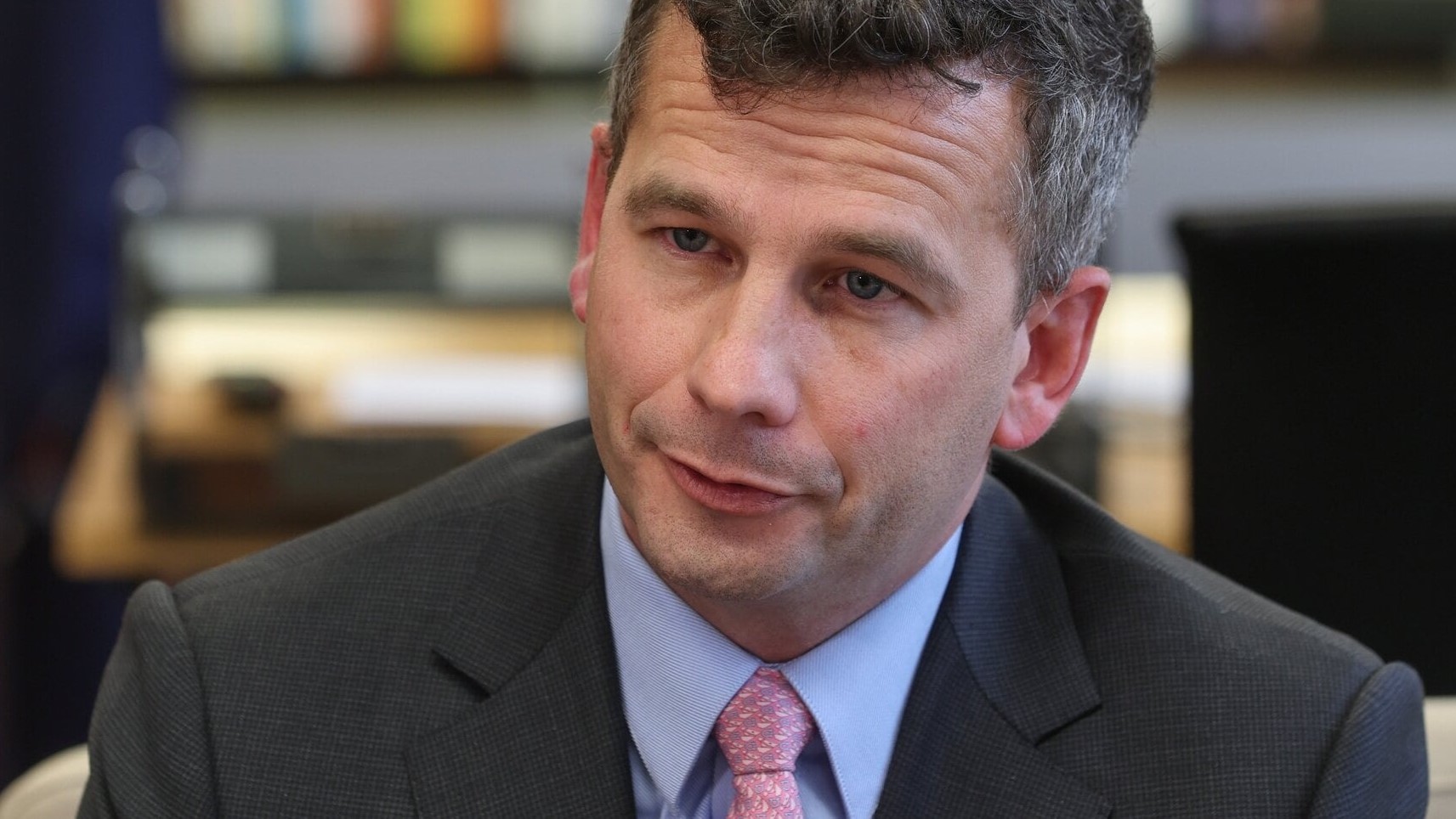Politics
University of Auckland Reverses Course on Compulsory Māori Classes

The University of Auckland has decided to make its compulsory Treaty of Waitangi and te ao Māori courses optional for students, a move described as a “massive victory for people” by Act Party leader David Seymour. This decision follows considerable criticism from both staff and students regarding the mandatory nature of the courses, which were introduced for first-year undergraduates earlier this year.
In a statement to the Herald NOW, Seymour emphasized that this U-turn reflects a broader principle: individuals should have the freedom to determine their own educational paths. The university’s senate voted to recommend that the Waipapa Taumata Rau (WTR) courses be made optional after only one semester of compulsory implementation. This shift indicates a responsiveness to the concerns raised by the university community about the nature and necessity of these courses.
Feedback Drives Change
The WTR courses aim to equip students with foundational knowledge regarding the Treaty of Waitangi and the principles of te ao Māori, the Māori worldview. However, the university’s vice-chancellor, Dawn Freshwater, acknowledged that while these courses hold significance for many, she opposes any form of compulsion in education. “When you say this is mandatory, it’s actually counterproductive,” Freshwater stated, highlighting the importance of student choice in academic matters.
Following the senate’s recommendation, the university council is expected to act on this advice next month. Dr. Parmjeet Parmar, the Act Party’s spokesperson on tertiary education, asserted that the university needs to prioritize student interests over what she termed “Treaty ideology” to effectively attract students from both New Zealand and abroad. She pointed out that student feedback suggests the course may be perceived as politically charged and irrelevant, particularly for those pursuing specialized programs.
Seymour had previously criticized the compulsory courses as a “perversion of academic freedom” and a form of indoctrination. He argued that it is uncommon for a course to be mandatory across multiple degrees and that this model risks prioritizing political agendas over educational merit.
Looking Ahead
In March 2023, Seymour urged the university to reconsider its stance on compulsory courses, emphasizing the importance of academic independence. At the time, a university spokesperson defended the curriculum, asserting its relevance to the students’ respective fields of study. However, Seymour maintained that the courses were largely being taught by individuals outside the relevant faculties, which detracted from their educational value.
The recent decision by the University of Auckland marks a pivotal moment in the ongoing discussion about academic freedom, student choice, and the balance between cultural education and personal agency. As the university moves forward, the actions taken by its governing body will be closely monitored by both students and educators alike.
-

 World4 months ago
World4 months agoTest Your Knowledge: Take the Herald’s Afternoon Quiz Today
-

 Sports4 months ago
Sports4 months agoPM Faces Backlash from Fans During Netball Trophy Ceremony
-

 Lifestyle4 months ago
Lifestyle4 months agoDunedin Designers Win Top Award at Hokonui Fashion Event
-

 Entertainment5 months ago
Entertainment5 months agoExperience the Excitement of ‘Chief of War’ in Oʻahu
-

 Sports4 months ago
Sports4 months agoLiam Lawson Launches New Era for Racing Bulls with Strong Start
-

 World5 months ago
World5 months agoCoalition Forms to Preserve Māori Wards in Hawke’s Bay
-

 Health4 months ago
Health4 months agoWalking Faster Offers Major Health Benefits for Older Adults
-

 Lifestyle4 months ago
Lifestyle4 months agoDisney Fan Reveals Dress Code Tips for Park Visitors
-

 Politics4 months ago
Politics4 months agoScots Rally with Humor and Music to Protest Trump’s Visit
-

 Top Stories5 months ago
Top Stories5 months agoUK and India Finalize Trade Deal to Boost Economic Ties
-

 Health2 months ago
Health2 months agoRadio Host Jay-Jay Feeney’s Partner Secures Visa to Stay in NZ
-

 World5 months ago
World5 months agoHuntly Begins Water Pipe Flushing to Resolve Brown Water Issue









